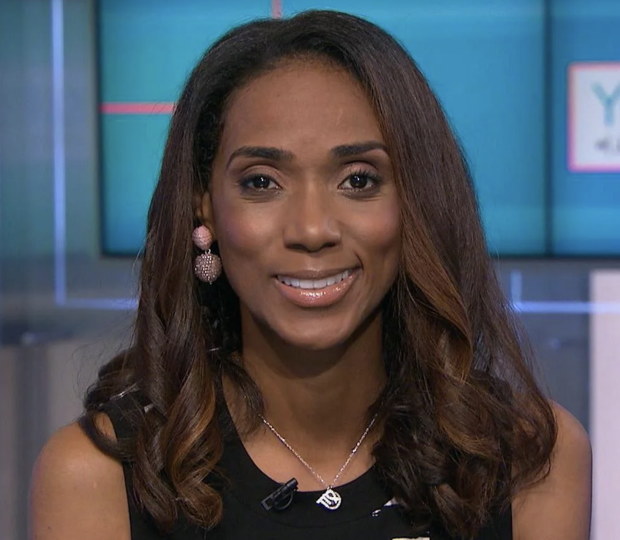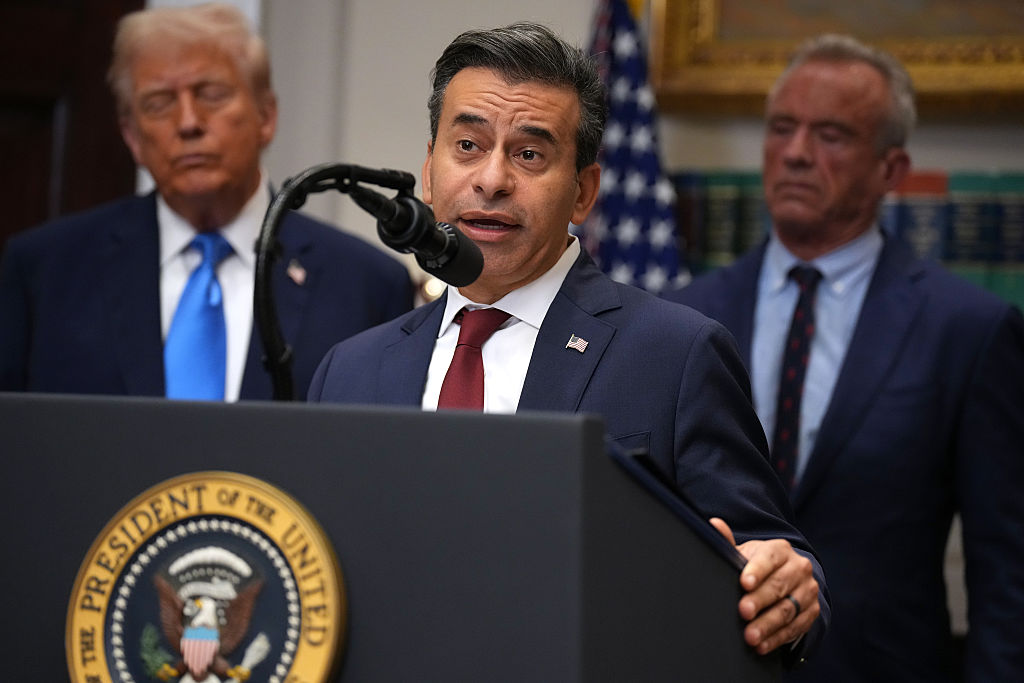For small businesses, looming recession brings plenty of uncertainty
Small businesses across the U.S. face soaring inflation, supply-chain problems and slowing economic growth, compounding their challenges recovering from the COVID-19 pandemic. In the first of a series of articles by CBS MoneyWatch exploring the key issues confronting small business owners, Jessica Johnson-Cope, CEO of Bronx, New York-based Johnson Security Bureau, discusses how the company is navigating such challenges. This interview has been edited for length and clarity.
How has inflation affected your business?
Jessica Johnson-Cope: With inflation, we're getting less for more. We have an armored car business, so fuel costs are more expensive. Our largest armored car contract is with the federal government and we forecast those rates out for five years at a time, so we weren't expecting as significant of an increase this year. That's one area where our costs are up but we aren't making more money.
Another area where we're seeing inflation is with our uniforms. Our uniform providers source materials from overseas so the shipping costs are more expensive, plus it's taking longer.
We don't have opportunities to bake these increased costs into our rates unless we're getting new business, because many of our contracts are long contracts. Plus clients say they have to pay more for this and that, but their revenue isn't increasing that much, so there's only so much you can pass along.
Do recession concerns make it hard to plan ahead?
It's already challenging enough to come up with financial projections. In the current financial climate, it's even harder to project what's going to happen from my vantage point.
Last week we were securing a construction project, and our client said we would have to reduce coverage because one reason they needed security was to monitor equipment. But because of supply-chain delays, they didn't even have the equipment they needed.
We got lucky and received a call from a health care client who needed extra coverage trying to manage Monkeypox, so we sent our people to them. Net-net, it washed out, but that's not something I was anticipating.
I have to be optimistic because if I'm not, then my team won't be, and folks just won't show up — and I need folks to show up.
The security services business seems like it would be relatively recession-proof.
Yes and no. Depending on who the client is, they respond differently. Companies securing event venues, restaurants, entertainment are taking a hit. But if we're doing more infrastructure and health care-related jobs, we're OK. In some cases, people who provide security for schools are seeing an increased demand in response to what happened in Uvalde and the perceived increased threat to people in school environments.
Unfortunately, we're seeing more demand than ever for our services, between concerns about the safety of children and teachers and administrators in school settings, increased concerns about people on public transportation and their safety and people out in public in general.
There is also the uncertainty with what will happen during the midterm elections and possible civil unrest. And with the spike in crime in major metro areas like New York City, we're getting more calls than we've gotten in the past three years. Our business prospects are really good, especially if we're not discriminating about the types of contracts we're picking up.
Has it been tough to find workers? And how do you compete with larger firms?
We definitely compete with larger terms for talent, and it's a challenge. Some people will leave a job for more money, and some people want to be appreciated where they are. It's a matter of listening to people on your team and being responsive to what they're saying.
For folks who do show up, we reward them appropriately, whether it's an extra day off, a gift card to Dunkin' Donuts, or we give them the shifts they want. There are other incentives we can use that aren't always salary or compensation that people really appreciate.
Are you a small business owner? CBS MoneyWatch would like to hear about your biggest challenges in the current economic environment and how you are adapting. Please email moneywatch@cbsinteractive.com.




